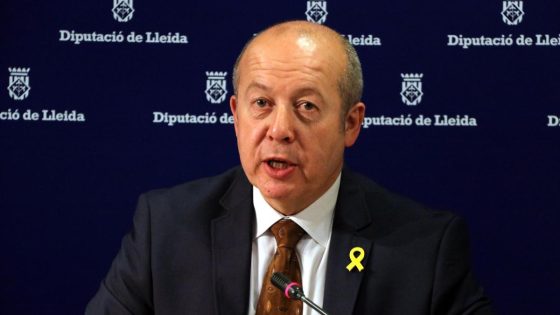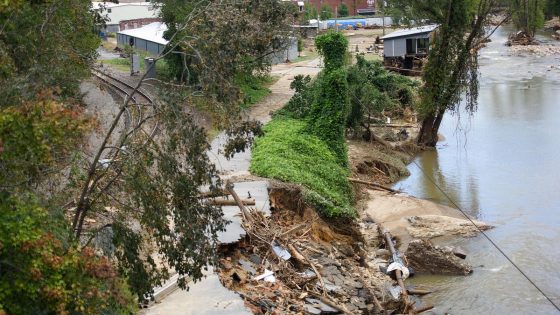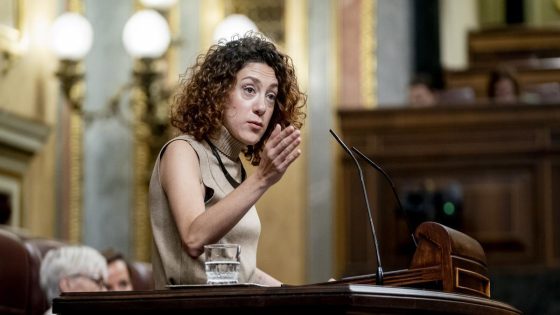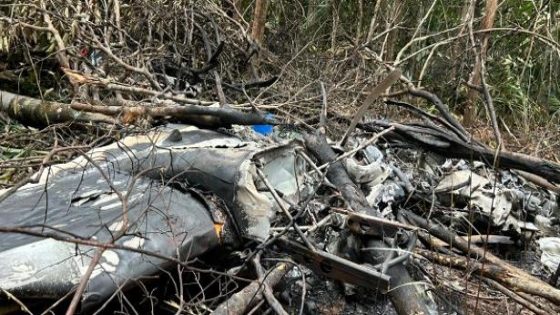On February 13, 2025, a judge in Barcelona is investigating former Meteocat director Oriol Puig for potential irregularities in public contracts. Allegations suggest he may have facilitated a cartel of companies that shared lucrative meteorological contracts for nearly a decade. What does this mean for public trust in governmental processes?
- Judge investigates former Meteocat director Oriol Puig
- Allegations of irregular public contract awards
- Puig's brother is ex-councilor Felip Puig
- Investigation initiated by Catalan Competition Authority
- TSJC annulled Puig's previous sanction in 2019
- Other implicated companies: MCV and Adasa
Investigation of Oriol Puig Reveals Possible Cartel Activity in Spain
Why is this investigation significant? The scrutiny of Oriol Puig highlights serious concerns about corruption in public procurement processes. With allegations of collusion among companies, the integrity of public contracts comes into question. This case could set a precedent for future investigations into similar practices.
Implications of the Cartel Investigation on Public Trust in Spain
The investigation into Oriol Puig and the alleged cartel raises critical questions about the integrity of public institutions. If proven guilty, it could undermine public confidence in governmental operations. Here are some key points to consider:
- Potential legal ramifications for involved parties.
- Impact on public perception of government transparency.
- Possibility of stricter regulations in public procurement.
- Broader implications for anti-corruption efforts in Spain and beyond.
Background of the Investigation and Its Findings
The inquiry began in 2019, led by the Catalan Competition Authority and the Anti-Fraud Office of Catalonia. They concluded that Puig played a key role in establishing the alleged cartel. Although Puig was initially sanctioned, a subsequent court ruling annulled the penalty due to procedural issues. This raises questions about the effectiveness of oversight mechanisms.
Future of Public Procurement in Spain
As the investigation unfolds, it may lead to significant changes in how public contracts are awarded in Spain. Increased scrutiny could result in reforms aimed at enhancing transparency and accountability. Citizens may demand more rigorous oversight to prevent similar situations in the future.
Comparative Analysis with U.S. Public Contracting
Similar to Spain, the U.S. faces challenges regarding transparency in public contracting. Cases of corruption and collusion have surfaced, prompting calls for reform. Learning from Spain’s investigation could provide valuable insights for U.S. policymakers aiming to strengthen public trust in government operations.
In conclusion, the investigation into Oriol Puig is not just a local issue; it reflects broader concerns about integrity in public service that resonate worldwide. As this case progresses, its outcomes may influence future governance practices in both Spain and the U.S.































